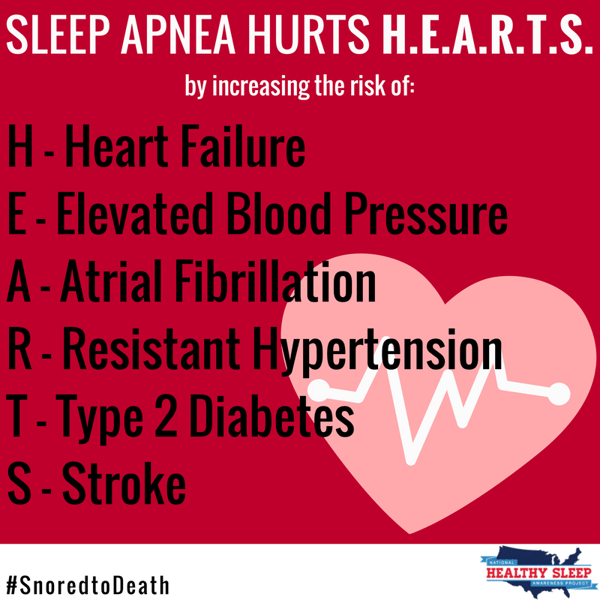The Revolving Circle of Diabetes, Sleep Apnea, and Obesity
The interplay between diabetes, obesity, and sleep apnea is widely acknowledged and cannot be ignored. While it may be unclear which condition is the root cause of the connection, it is evident that they are all interconnected and have a negative impact on each other.
Obesity can exacerbate obstructive sleep apnea, making it more difficult to breathe during sleep. In turn, sleep apnea can worsen diabetes management, leading to complications in blood sugar control. Furthermore, diabetes can hinder weight loss efforts, making it harder to manage obesity.
This vicious cycle can be disheartening, but the good news is that there are various treatments and interventions available to help break this revolving door. There are strategies to address each condition individually and simultaneously, making the management of diabetes, obesity, and sleep apnea more attainable.
It is crucial to consult with healthcare professionals for personalized guidance and treatment options. Our team of sleep specialists can provide expert advice and support in managing sleep apnea effectively.
What is Obstructive Sleep Apnea
Obstructive sleep apnea, a potentially serious medical condition and sleeping disorder, occurs when the flow of air to the lungs is blocked during inhalation. This can lead to severe sleep deprivation, as you repeatedly stop breathing throughout the night. The causes behind this interruption are quite fascinating.
Picture this: as you sleep, your tongue relaxes and falls back against the soft palate. Subsequently, the soft palate and uvula are pushed against the back of your throat, obstructing the airway. This blockage triggers your body to rouse from sleep and resume breathing, but you won't recall these awakenings in the morning.
Each occurrence of this blockage and subsequent arousal is referred to as an apnea event. It's truly remarkable how the intricate interplay between your breathing muscles, throat, and airways can result in such disruptions during sleep.
OSA and Obesity
There is a strong link between obesity and OSA. Obesity can cause the onset of, or significantly worsen, obstructive sleep apnea.
Increased tissue around your neck can make your airway significantly smaller and at a higher risk for collapse. This decreases the amount of air that can flow through when you're lying down and in a relaxed state. Because of this physiology, weight loss can be a treatment option for OSA.

Common Symptoms of Obstructive Sleep Apnea and Diabetes
Furthermore, there are striking parallels between OSA and diabetes, including metabolic conditions, obesity, glucose intolerance, and cardiovascular complications. The shared symptoms between these two conditions make it crucial to address untreated OSA, as it can greatly worsen the risk factors for diabetes. Thankfully, there are various paths to diagnosis and an array of treatment options available for OSA, which can provide relief from symptoms and potentially save lives for individuals suffering from both OSA and diabetes.
Treating the Obesity, OSA, and Diabetes
A myriad of treatment options are commonly explored, and it is always advisable to seek guidance from your healthcare provider when it comes to managing medical conditions.
In the case of OSA, weight loss (if applicable) can serve as a promising starting point for treatment, as shedding excess pounds may alleviate symptoms. Additionally, CPAP therapy has proven to be highly effective in addressing OSA in the majority of cases.
Breaking the cycle of obesity, OSA, and diabetes requires a comprehensive approach that simultaneously targets all three conditions. By addressing these interconnected factors at once, we can maximize the potential for breaking free from this detrimental cycle.
Our team of sleep specialists is here to provide personalized consultations and discuss various treatment options for OSA. Please click the orange button below for a free online sleep test and talk with one of our sleep health professionals.


